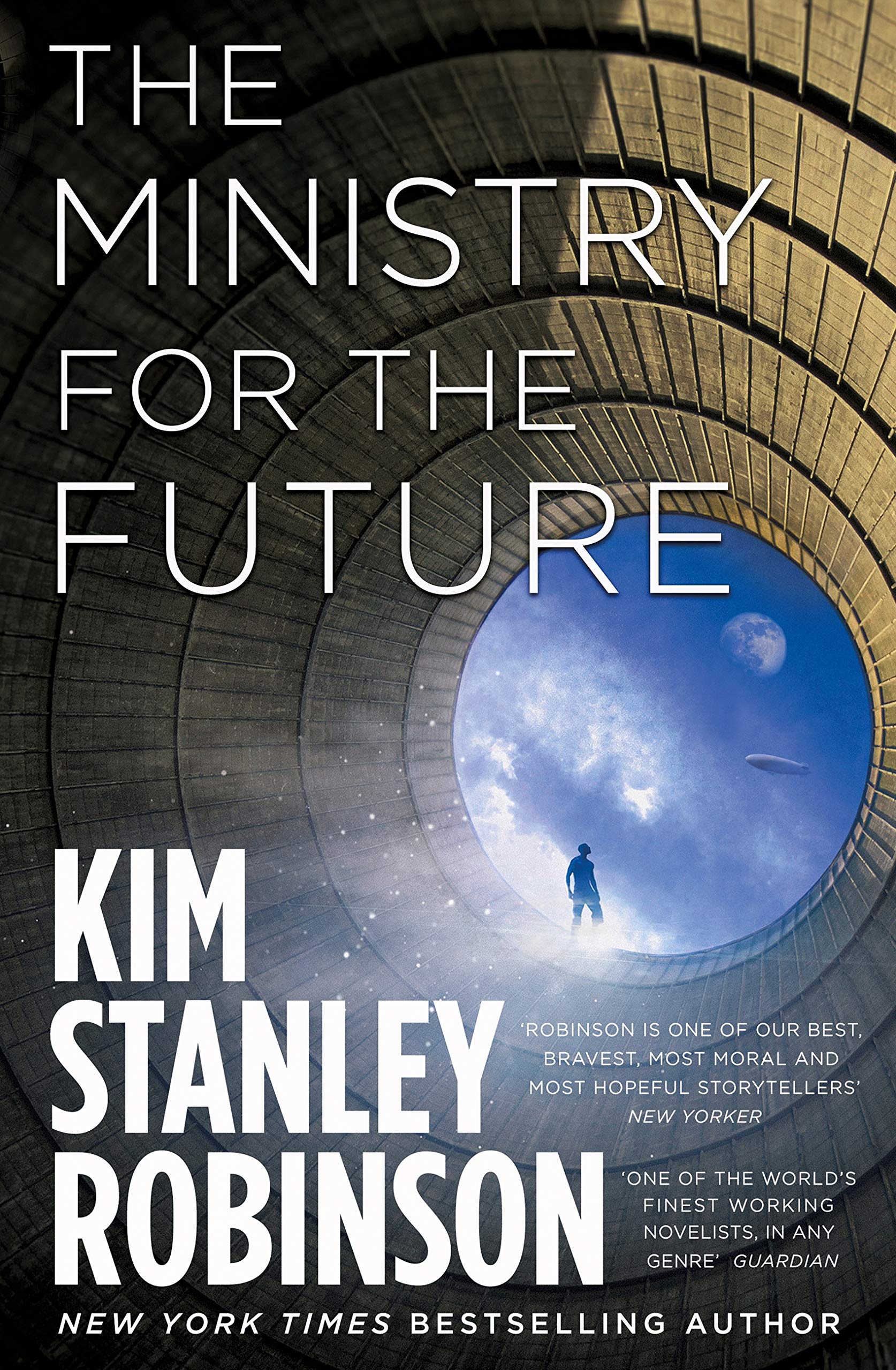Une anticipation inégale comme bonne introduction
3 estrellas
J'ai lu la version originale en anglais.
Je suis partagé sur le livre :
la mise en scène initiale bouscule et fait réfléchir, l'anticipation s'avère clairvoyante. le livre est bien documenté à de très nombreux titres, malheureusement il y a tellement de sujet à traiter que certains développements (technologiques) s'avèrent inexactes ou au mieux de la fantaisies l'auteur bascule entre description voire essai (documentée) et perspective de personnage. Sur la deuxieme partie ce style s'alourdit et rend la lecture difficile. la discussion des perspectives morales au travers des personnages s'avèrent être la partie la plus intéressante, selon moi. j'ai trouvé le développement heureux final déconnecté avec les travaux récents du GIEC, en particulier la perspective de sobriété n'est pas assez développée j'ai également trouvé certaines résolutions trop candides, j'avoue rester fort cynique quand à l'altruisme des puissants. Cela étant, je trouve cette fiction une bonne introduction au sujet …
J'ai lu la version originale en anglais.
Je suis partagé sur le livre :
la mise en scène initiale bouscule et fait réfléchir, l'anticipation s'avère clairvoyante. le livre est bien documenté à de très nombreux titres, malheureusement il y a tellement de sujet à traiter que certains développements (technologiques) s'avèrent inexactes ou au mieux de la fantaisies l'auteur bascule entre description voire essai (documentée) et perspective de personnage. Sur la deuxieme partie ce style s'alourdit et rend la lecture difficile. la discussion des perspectives morales au travers des personnages s'avèrent être la partie la plus intéressante, selon moi. j'ai trouvé le développement heureux final déconnecté avec les travaux récents du GIEC, en particulier la perspective de sobriété n'est pas assez développée j'ai également trouvé certaines résolutions trop candides, j'avoue rester fort cynique quand à l'altruisme des puissants. Cela étant, je trouve cette fiction une bonne introduction au sujet avec des perspectives alternatives.













